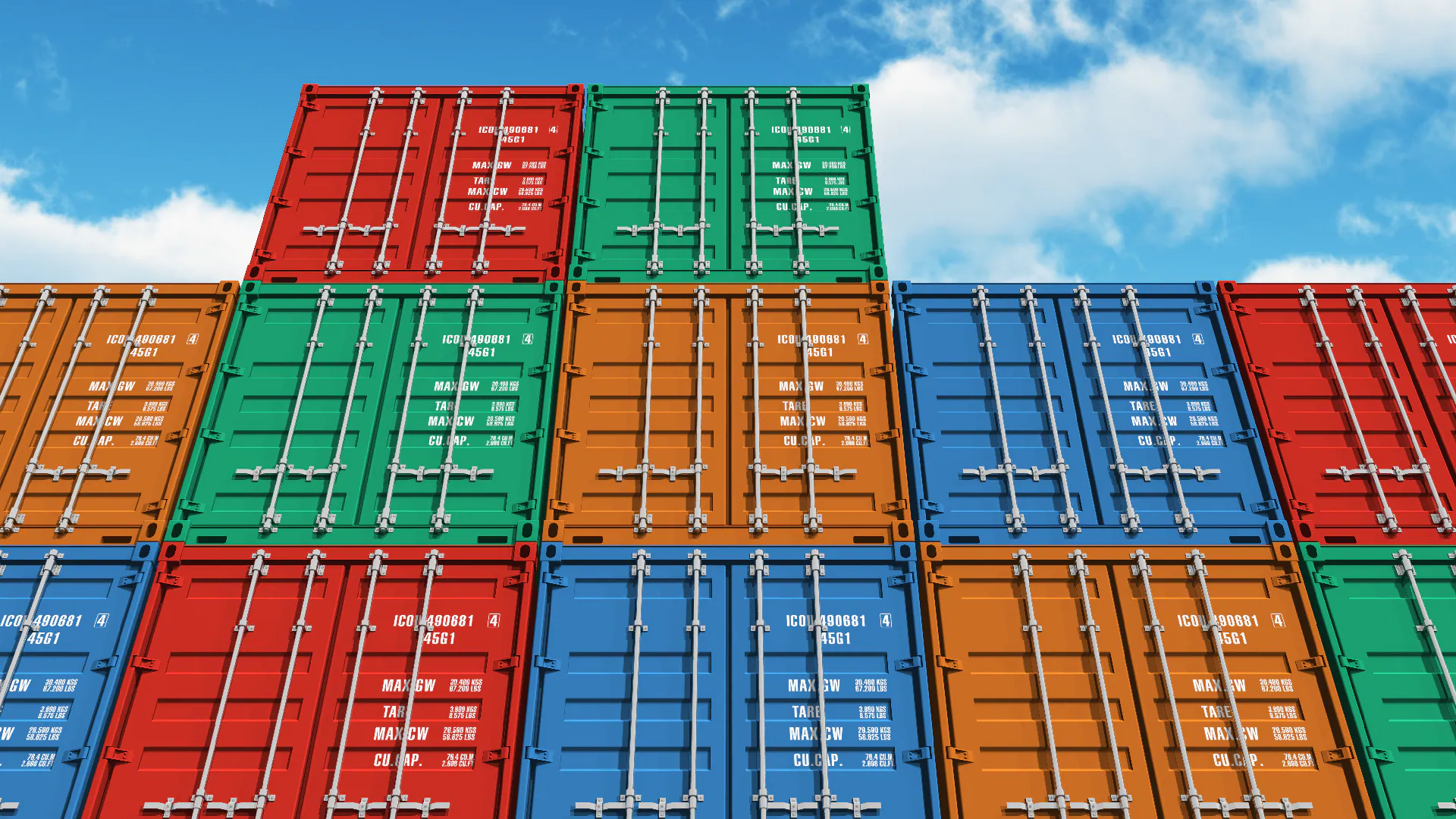The world is more interconnected than ever, and global events can have profound impacts on local markets. Understanding these dynamics is crucial for businesses and policymakers alike. Here’s an in-depth look at how global events influence local economies.
Understanding Global Events and Local Markets
Global events encompass a wide range of occurrences, from economic shifts and political upheavals to environmental disasters and technological breakthroughs. Local markets, on the other hand, refer to the economic activities within a specific region or community. The interconnectedness of the global and local economies means that what happens on a global scale often ripples through to the local level.
Historical Context of Global Events
Historical global events have often shaped local markets significantly. Major world wars, for instance, have led to drastic economic changes, altering production, labor markets, and trade. The Great Depression of the 1930s is another example, where a global economic downturn had severe local repercussions, causing widespread unemployment and poverty.
The Role of Technology in Global Events
Technological advancements have been pivotal in changing market dynamics. The internet and digital transformation have created a global marketplace, allowing local businesses to reach international customers. Technological disruptions, such as the advent of smartphones or artificial intelligence, can rapidly alter local market landscapes, making adaptation crucial for survival.
Economic Crises and Their Local Effects

Global financial crises can lead to significant local market disruptions. The 2008 financial crisis, for instance, caused a domino effect that hit local markets hard, leading to business closures and job losses. Understanding these impacts and developing recovery strategies, such as government bailouts and monetary policies, are essential for local market resilience.
Political Events and Market Impacts
Political events, including elections and policy changes, can influence local markets. Political instability often leads to economic uncertainty, affecting investments and consumer confidence. Trade policies, like tariffs or sanctions, can also have profound local impacts. Brexit is a prime example, where the UK’s departure from the EU led to economic shifts within local markets across Europe and the UK.
Environmental Events and Local Economies
Natural disasters, like hurricanes or earthquakes, can devastate local economies, destroying infrastructure and disrupting economic activities. Climate change poses a long-term threat, gradually shifting market dynamics as regions adapt to new environmental realities. Building resilience through infrastructure development and sustainable practices is key for local markets.
Global Health Events and Local Markets
Pandemics, such as COVID-19, demonstrate how global health events can cripple local economies. Lockdowns, supply chain disruptions, and changes in consumer behavior have far-reaching effects. Adaptation strategies, including digital transformation and local support measures, have been crucial in navigating these challenges.
The Influence of Global Trade
Global trade agreements often bring benefits to local markets by opening up new opportunities for export and import. Conversely, trade barriers and tariffs can hinder local market growth. Global supply chains, integral to many businesses, mean that local markets are directly affected by international trade policies and disruptions.
Cultural and Social Global Events
Cultural exchanges and global trends can shape local consumer behavior, influencing demand for certain products and services. Global sports events, such as the Olympics or World Cup, can boost local economies through tourism and international attention. These events often lead to increased spending and investment in local infrastructure.
Conclusion
To navigate the complexities of global events, local markets must adopt strategies such as diversification and risk management. Building resilience through robust infrastructure, adaptable business models, and supportive local policies is essential. Local governance plays a crucial role in guiding these efforts and ensuring that local markets can thrive despite global uncertainties.
Global events undoubtedly impact local markets in multifaceted ways. By understanding these dynamics and implementing strategic measures, local economies can better navigate the challenges and opportunities presented by an interconnected world.
